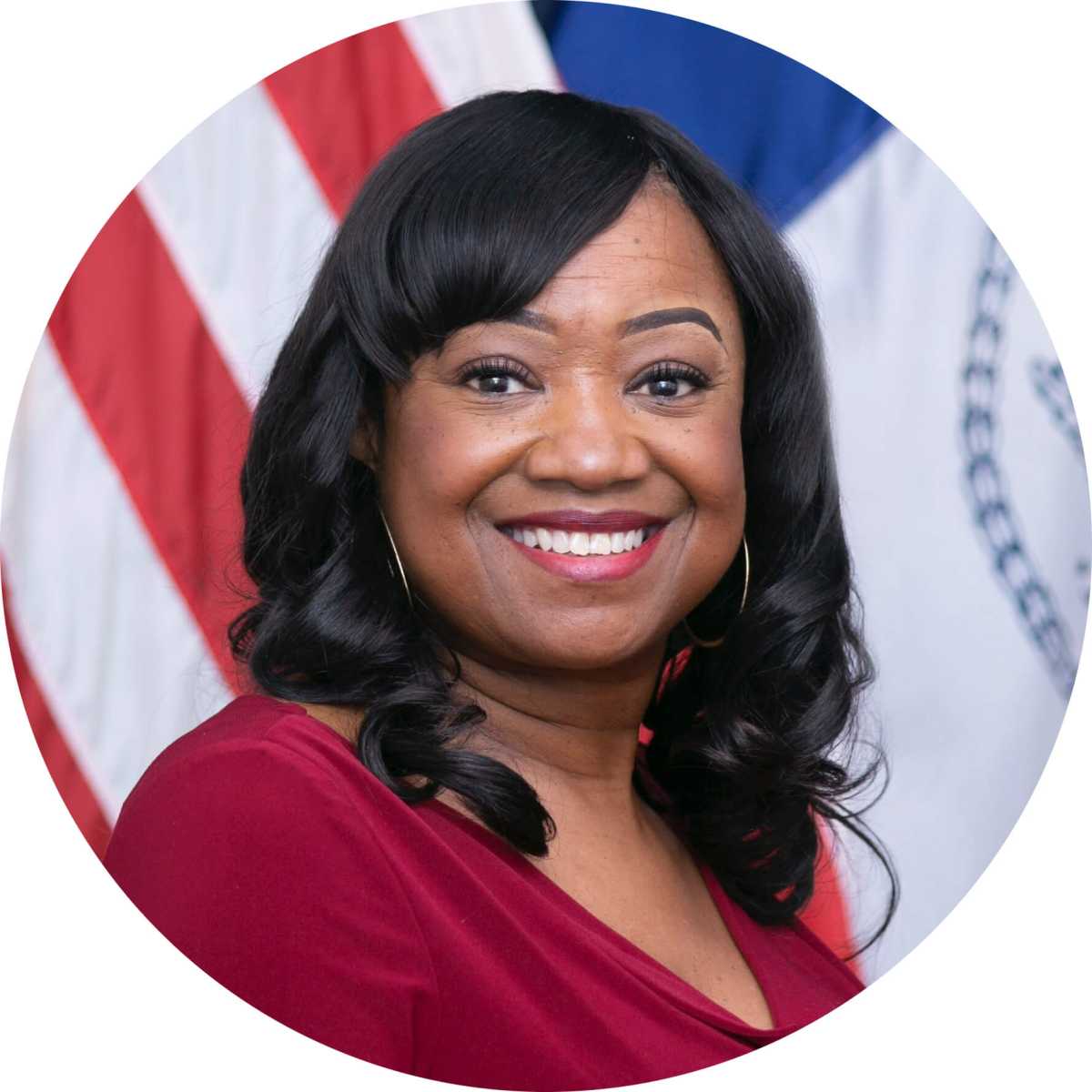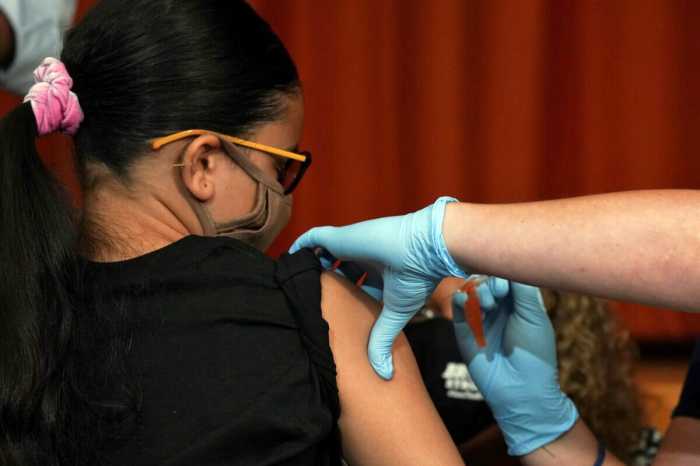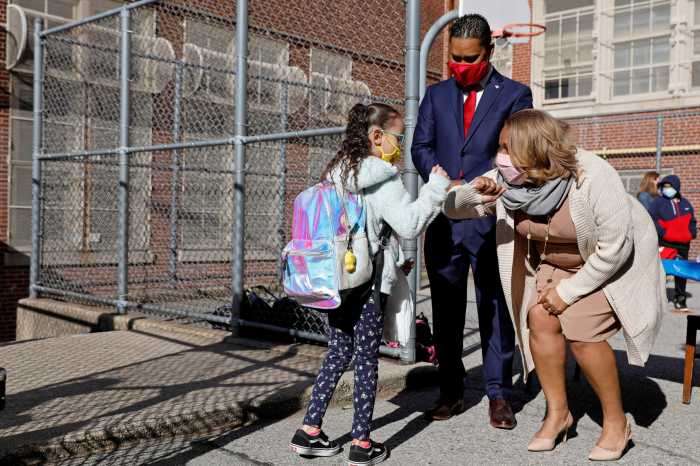Chair, the Sub-Committee on Senior Centers & Food Insecurity
The COVID-19 pandemic took a spotlight to an uncomfortable issue that we’ve punted to the side over many years now — isolation and hunger in the senior citizens community. Today, this painful reality is becoming more and more pronounced as one in eight senior New Yorkers do not know where their next meal will come from.
To be sure, food insecurity is not just a New York city problem but also a United States one that particularly impacts low income families and seniors. The picture is both bleak and depressing: across America today, about 7.3 million seniors are struggling with access to healthy, nutritious food. And African-American, Latino and immigrant seniors of color, as well as people with disabilities, are three times as likely to go hungry.
Moreover, if we do not address this crisis-level problem the array of negative physical and mental health outcomes that seniors now face due to food insecurity will only get progressively worse. That will have a pronounced set of unintended negative consequences for our city and state. The data conclusively shows that food insecure seniors are more likely to suffer from depression (262%), asthma (78%), diabetes (74%), and congestive heart failure (71%), adding to other already existing health challenges that they face.
One of the lingering effects of the COVID-19 pandemic on New York City’s senior citizens community is pervasive social isolation. Seniors, especially those in high-risk COVID-19 cluster areas in Brooklyn, Queens and the Bronx, faced acute isolation and trauma even before the pandemic hit, and now have hunger and rising food costs as added burdens.
That is why I am calling on Mayor Eric Adams and his administration to do more to address these issues by putting more money into the already stressed and strained 535 food pantries and 128 soup kitchens in the city that serve this at-risk population. This means a long-term commitment and investment in programs that feed our seniors and most vulnerable New Yorkers. Programs like Citymeals on Wheels, Foodbank for NYC, NYC Foundation for Senior Citizens, Encore Community Services, NY Common Pantry, and more, desperately need this help.
We must also fund our over 250 senior centers in the city that are safe spaces for our seniors, and a place to break the dread and panic of anxiety, isolation, loneliness and depression. Let’s face it, our seniors have long been overlooked, and the programs and services designed to help them critically underfunded. We must change this paradigm and mindset. As the chair of the Sub-Committee on Senior Centers and Food Insecurity I’m committed to doing just that.
[City Council Member Darlene Mealy (D-41) represents parts of Bedford-Stuyvesant, Ocean Hill-Brownsville, East Flatbush and Crown Heights].

























